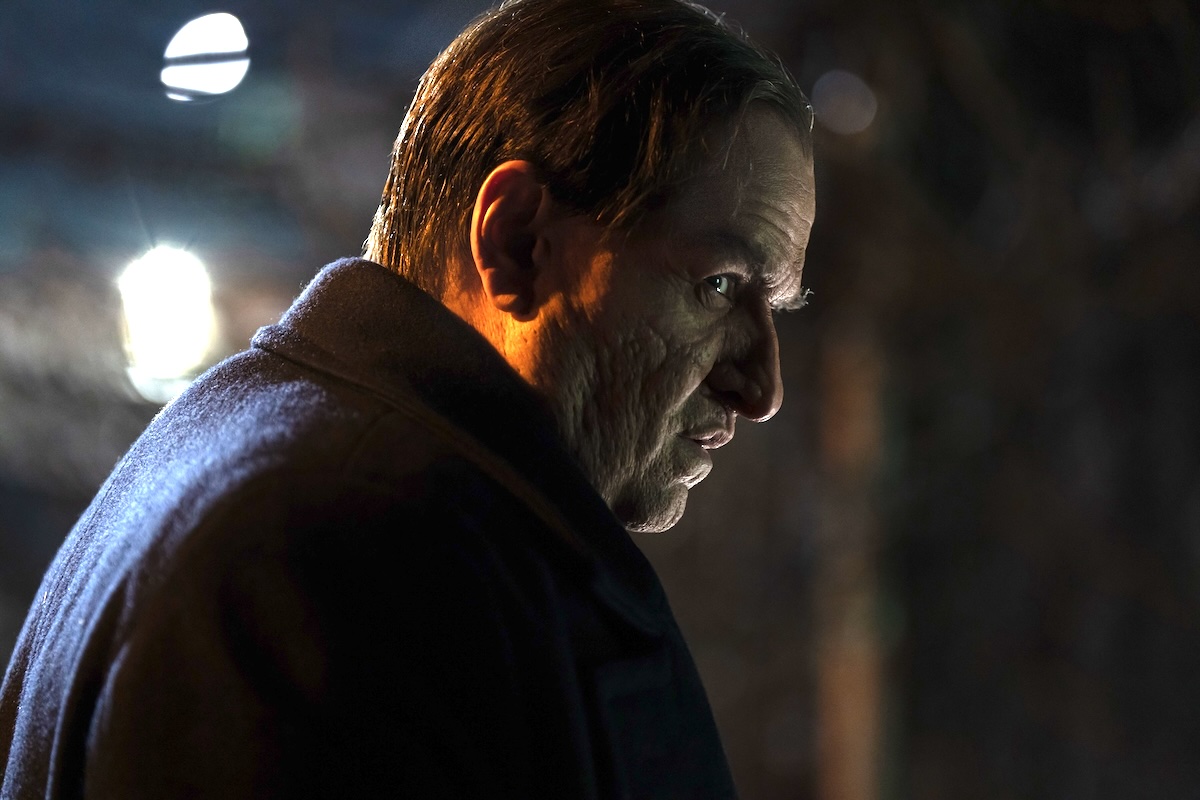In recent years, Estonia has been solidifying itself as a key destination for international productions in the Baltics. Notable projects to hold post-production in the country include Christopher Nolan’s epic *Tenet* and HBO’s *The Penguin*, which earned an Emmy for Estonia’s leading company Frost FX.
Speaking with *Variety*, Frost FX founder Marko Post says that, although volumes have gotten smaller since COVID, the industry in Estonia “has definitely changed” since then.
“It has gotten more dynamic in the sense that U.S. clients are more open to outsourcing from Eastern Europe, and I feel the perception of our studios has gotten better internationally,” he says. “In terms of demands, there has been a huge change in the rise of social media and new formats.”
Uku Toomet owns Orbital Vox Studios, dedicated to audio, film, dubbing, VFX, and general post-production work. With a quarter of a century of experience, Orbital is the most established studio in the country and, earlier this year, inaugurated another location to attend to growing demand.
“The premises we just moved into can meet the expectations of any project from anywhere, be it from a logistical or technical point of view,” says Toomet, adding that he and his peers are hopeful post-production will continue to grow in Estonia.
“The new studios have amazed foreign producers,” he adds, noting an increased interest from international players to visit facilities in Estonia.
Earlier this year, *Variety* reported on how Estonia is paving the way in terms of studio facilities in the region. The $25 million Tallinnfilm, funded by the Cultural Endowment of Estonia, will be Tallinn’s first world-class studio. With three studios covering 38,000 square feet, the space aims to be ready in early 2027.
In Eastern Estonia, the $18.2 million Ida Hub studio complex is due to open early 2026 and will include a 21,000-square-foot soundstage and a smaller multifunctional studio. It will also house production training facilities.
Sound designer Tanel Kadalipp, also the director of the Audio Engineering department at Baltic Film, Media and Arts School, notes Estonia has traditionally “had a lot of great sound editors working internationally, and their contacts have accelerated our industry.”
Working in direct contact with the new generation, Kadalipp says professionals are “getting better every year.”
“Technology has grown a lot and made things much easier to access and learn,” he adds. “Last week I did ADR with a team in the Netherlands, and the projects were synced digitally. The team was sitting in the studio in the Netherlands, seeing everything and directing, and we were here in Estonia working together. It is very easy to work internationally today.”
Marko Post echoes that thought, emphasizing that his U.S. clients have often praised the “efficiency” of Estonian teams, as well as the ease of access to team leaders.
“A long chain of communication is a very annoying and normalized thing in the U.S. when a shorter communication line is much more efficient,” he explains. “Of course, there is the problem of the time zones, different currencies, and some companies not being registered in the U.S., but we are working to make these things easier.”
Talking about making things easier, the Emmy-winning professional is at the forefront of AI—a technology he not only staunchly defends but actively promotes to possible clients.
“In today’s post-production timeline, I see a lot of points where AI can help, but I also feel there is this old mentality where people don’t want AI to tell them what to do,” he points out. “I see AI as a collection of our knowledge, not something to be afraid of. It’s a library, but you still need domain and knowledge to use it efficiently.”
“My goal has been to package AI with visual effects services because you can go to a lot of different countries for VFX now, but when it comes to AI, a lot of people are still so far behind Estonia,” Post continues. He recently welcomed the president of an international advertising agency who visited his facilities and said he “expected Estonia would merge traditional crafts with nuanced technology” and be one step ahead of fierce competitors.
When it comes to competition, a key element is cash rebates and incentives. With countries near and far upping their offers, Estonia is looking to keep itself competitive.
“The popularity of the rebate is huge,” mentions Toomet, adding that the government is thinking of raising the rebate from 30% to 40% in the near future.
“I’ve been involved personally as a post-production producer and service provider for great projects like *Tenet*, and we are actually part of the rebate,” he adds. “So it’s great that we can provide our services with that level of help. And it has also helped my studio, so I hope we will get better percentages soon because there is high competition with neighboring countries pushing those as well.”
On top of highly skilled professionals, a favorable currency, and a growing tax rebate, what else attracts major productions to Estonia?
Sound designer Matis Rei, who has worked on major projects such as Todd Field’s *Tár* and Rose Glass’s *Love Lies Bleeding*, says Estonians are “very hard-working and trustworthy people” who are “open to learn and adapting to new systems very easily.”
Kadalipp adds that his countrypeople are “very strict and work to an exact timeframe.”
“No matter what, the work should be there.”
https://variety.com/2025/film/global/estonia-post-production-tenet-the-penguin-1236580953/
